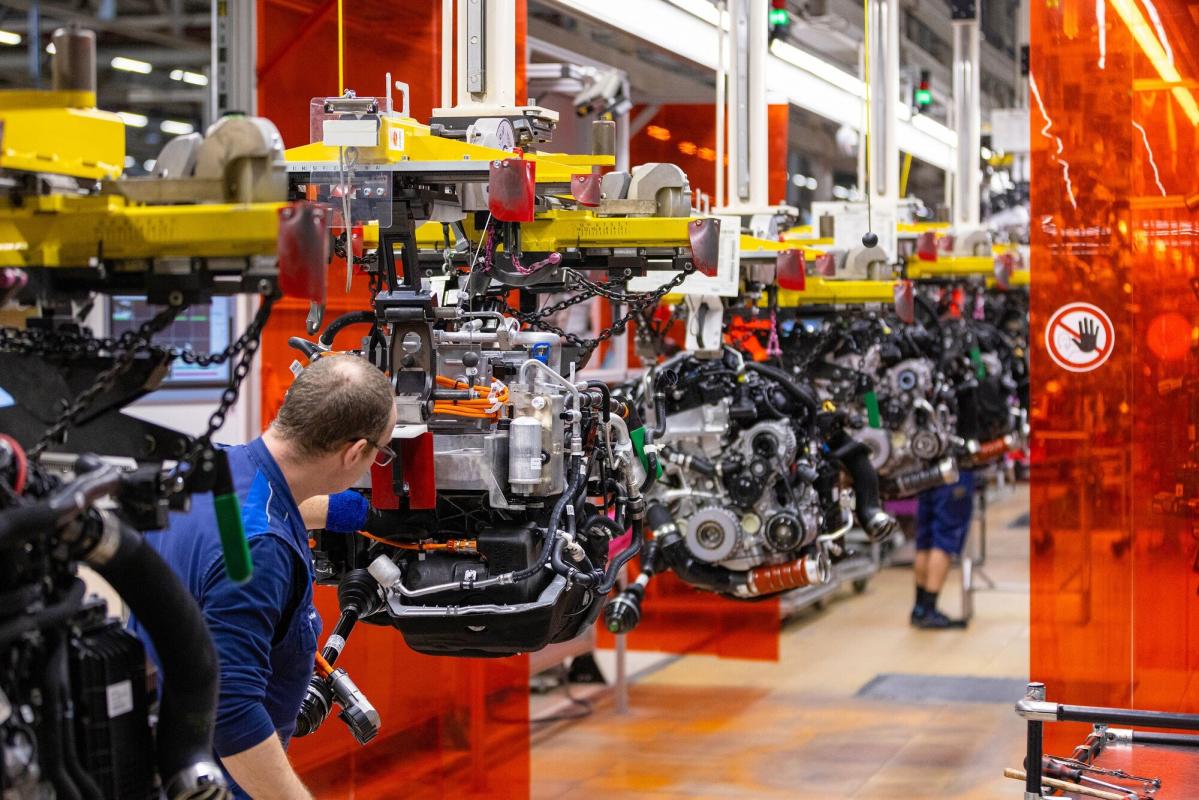The Ministry of Industry and Trade advises against connecting rooftop solar power to the grid due to system operating costs. Instead, they propose developing self-consumed rooftop solar power without limits, allowing people to distribute excess output into the system without charge. However, the total capacity of this form of energy cannot exceed what is allocated in the Power Planning VIII implementation plan, which is 2,600 MW.
Rooftop solar power currently accounts for over 9% of total capacity in Vietnam, but concerns remain about its impact on the system. The Ministry of Industry and Trade emphasizes the need for suitable storage sources to stabilize this energy source, which comes at an additional cost to both individuals and the electricity industry.
Some experts believe that the proposed regulations are not attractive enough to encourage investment in rooftop solar power because people cannot sell excess power at a profitable rate. The Electricity Regulatory Authority continues to advise caution in developing rooftop solar power, stating that it should only be used for on-site consumption to avoid disrupting the system balance and incurring unnecessary costs.
The decentralized nature of rooftop solar sources makes it difficult to collect and control data when operating the system. This leads to challenges in forecasting and managing capacity, ultimately affecting system operation and incurring additional operating costs.
Overall, the Ministry of Industry and Trade believes that rooftop solar power poses risks and challenges to the stability and cost-effectiveness of the national electricity system. Further discussions and adjustments to regulations may be necessary to ensure sustainable development in this sector while maintaining system reliability and affordability.
In conclusion, while rooftop solar power has many benefits such as reducing greenhouse gas emissions, increasing energy independence, and creating jobs; it also poses significant risks such as disruptions to the electrical grid, difficulty in controlling capacity distribution, additional storage costs among others.
The government must weigh these factors carefully before making any decisions regarding regulations surrounding rooftop solar power development. It is important that any decision made prioritizes sustainability while also ensuring affordability for consumers and stable operations within the electrical grid.
Ultimately, a balanced approach must be taken towards harnessing renewable energy sources such as rooftop solar power while minimizing its negative impacts on both society’s needs and infrastructure’s functionality.



